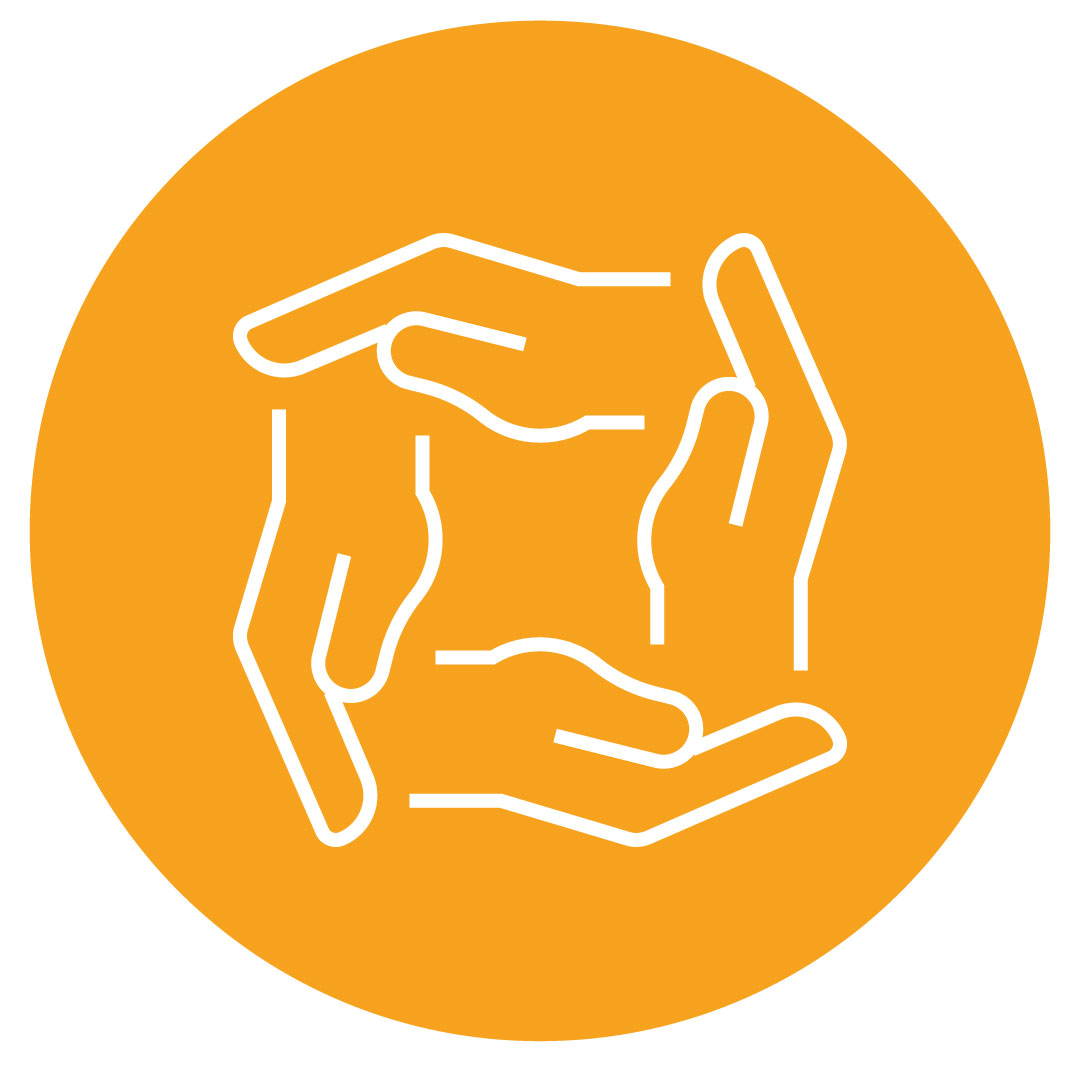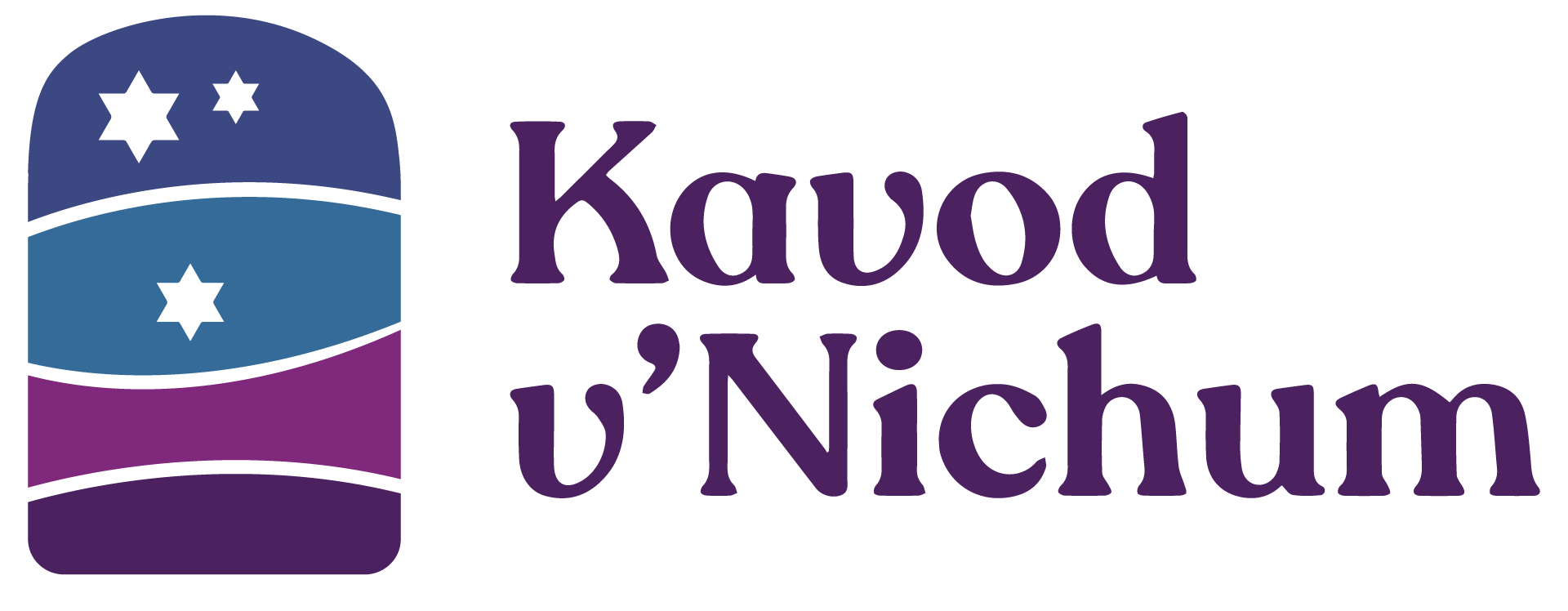Our Approach
Kavod v’Nichum empowers, educates, and trains Chevra Kadisha – sacred communities that come together at the end of life to care for the deceased and comfort the living through Jewish rituals and traditions.
Our Approach
Tradition Meets Innovation
Starting from ancient Jewish texts and traditions, we build relevant connections and understanding for all Jews around Jewish end-of-life traditions.

Partnership
Through partnerships with organizations and communities, we are building a movement committed to transforming Jewish end of life.

Inclusion and Diversity
We welcome all people regardless of age, gender identity, sexual orientation, racial and ethnic background, and economic status.
Our Values
Kavod: Honor
We lead with honor and respect for people and tradition, and we infuse kavod into every aspect of our work.
Nechamah: Comfort & Support
The end-of-life space is difficult for many; We welcome community with care and support.
B’tzelem Elohim: In God’s image
We are holy, created in the image of the divine; all are welcome and wanted.
Hiddur Mitzvah: Beautification of the Mitzvah
We elevate the beauty of Jewish end-of-life traditions through learning, adaptation to our modern world, and making accessible what is often hidden.
Kehillah: Community
Community support is foundational in Jewish end-of-life rituals and practices. We are expansive in our understanding of community and encourage all to consider themselves a part of ours.
What’s in a name? Kavod v’Nichum
Kavod v’Nichum (כבוד וניחום) is Hebrew for “honor and comfort.”
We embrace the mitzvot of kavod hamet, honoring the body which held the neshamah, or soul, of a person who has died; and nichum aveilim, comforting the mourners and the community of the living after a death.
